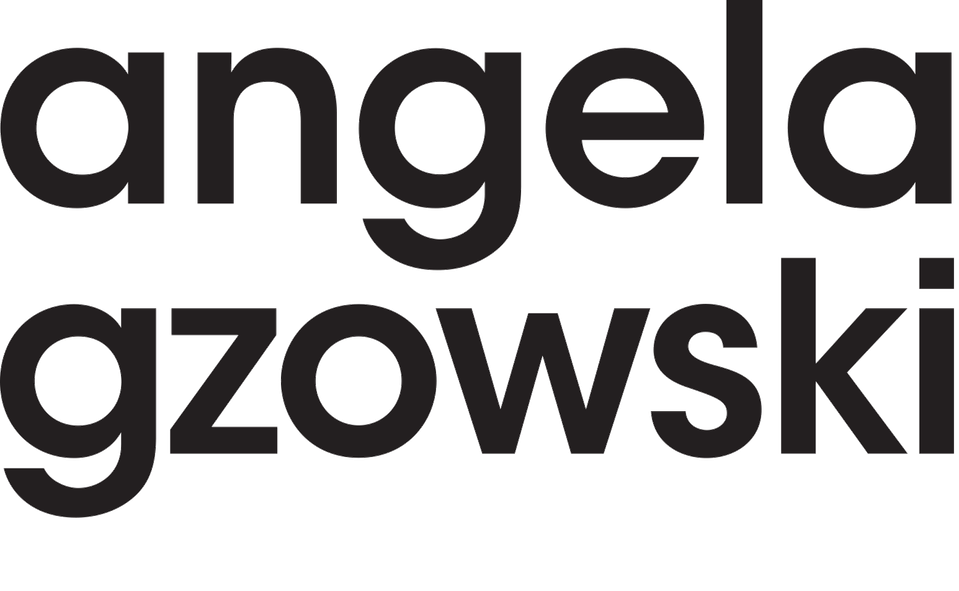Black Lives Matter: Jordan Crosby
Jordan Crosby, in his own words
“I was only 6 years old the first time I was called a n***er. I knew right away the power that word held. I could feel the hate from the child who said it. As a teenager I wondered why police seemed to just hassle me, isolating me from my white peers for questioning.
But moving to the North has altered my understanding of racism in Canada, and shown me that this type of hatred is not just reserved for Black people: Black people, stolen from our land and robbed of our rich ancestral history and culture; and Indigenous people, their land stolen, and stripped of their culture and links to their past.
I cannot describe the feeling of trying to trace your family history, only to have it trace back to the man who owned your family. His last name was Crosby, a name I still wear today. Prior to that, there is nothing. I have no idea what our family name was before, or what part of Africa my ancestors came from. I am robbed of any cultural pride that information may have given me - much like my Indigenous brothers and sisters - wearing Anglo-Saxon names with often no record of who they were before. I draw on these similarities to help myself understand the racism I experience now, even from Indigenous brothers and sisters - a sad sort of lateral violence, as they curse ‘n***er’ at me. They are reflecting the hate they experience every day in our society, onto me. Thankfully, the overwhelming majority of my experiences with the people of the North are nothing like this, and I was extremely touched to see so many Indigenous people and leaders marching in Yellowknife for Black Lives Matter. In turn, I was proud to be mourning alongside them when the remains of 215 children were discovered on the grounds of Kamloops Residential School.
My hope is that all racialized people can see their commonality, somehow rise above hurting ourselves and each other, and instead draw on our shared strengths. We can rediscover our cultures, but also reinvent and celebrate the Peoples we are today, in all of our strength and beauty. I hope that all members of our society can support these efforts, and recognize their role in reconciliation.”


